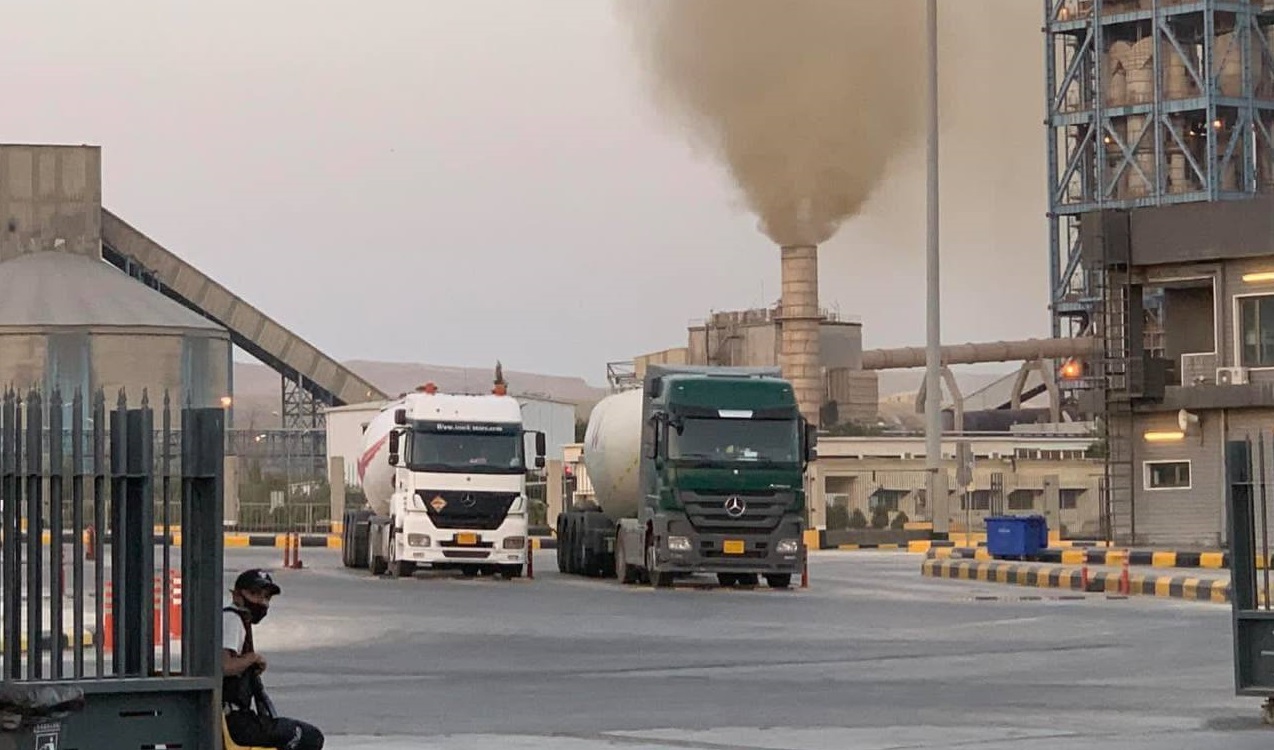While Atiya Salam was under medical treatment in order to get pregnant, the doctor gave her a big shock: "We have to remove your uterus.”
Atiya, in her mid-thirties and living in Bazian sub-district of Sulaimaniyah province, was diagnosed with uterine cancer, leading to the decision to remove her uterus.
Uterine or womb cancer is a common disease in women, directly impacting reproduction. For women who have not had children before the disease, it becomes very difficult to give birth afterwards.
"After a year of being together, I noticed some changes. For example, I experienced bleeding after intercourse without menstruation," said Salam, currently is being treated for womb cancer.
"I don't know the main cause of my cancer, but the poor environment in Bazian always weighs on my mind," she added.
Bazian, located southwest of Sulaymaniyah in northern Iraq, was once a thriving agricultural area, known for its vegetable and fruit production, as well as rice cultivation. However, since 2003, the area has transitioned from agriculture to industry. By 2022, 32% of Iraq's industry is projected to be in Bazian, according to the Azadbun Organization for Sustainable Development. The area is now home for cement, steel, plastic and brick plants.
"The presence of these industrial factories troubles me greatly, as I've been breathing the polluted air in the area since I was young. Some families have been forced to relocate due to the pollution," Atiya shared.
I've been breathing the polluted air in the area since I was young
This increasing pollution has sparked demonstrations, protests, and conflicts between locals and factory owners. Hiwa Hospital for the Treatment of Cancer Patients reported 180 new cases of cancer in Bazian in the past five years, 101 women and 79 men. 23 cases of women cancer have been registered in Bazian in 2023.
Milko Baziani, leader of the Green Party fighting for cleaner and greener environment, stated, "Despite our efforts to promote green initiatives in Bazian, the increasing number of factories poses a significant challenge."
The population of Bazian exceeds 45,000, as per the Iraqi Ministry of Planning in 2019. The Kurdistan Regional Government KRG's Ministry of Health predicts nearly 10,000
new cancer cases in the Iraqi Kurdistan Region IKR in 2023 alone.
Dr. Saadia Reza Ahmad, a gynecologist, obstetrician and infertility specialist, classifies uterine cancer into two categories: endometrial cancer and uterine muscle cancer, but said "the most common is endometrial cancer.”
"The causes of this type of cancer include weight gain, obesity, increased estrogen, infertility and the use of radiation for the uterus," she said in an article published on the website of the Harem Private Hospital.
The hormone estrogen, or female hormone, is very sensitive to environmental pollution, and any disruption of this system can have profound and long-term effects on human health.
"It is true that increased estrogen is one of the causes, but the exact cause of uterine cancer has not been discovered yet ," she said.
Increased estrogen is one of the causes, but the exact cause of uterine cancer has not been discovered yet.
Increased estrogen is one of the causes, but the exact cause of uterine cancer has not been discovered yet.
However, environmental pollutants can affect reproductive hormones, including reduced fertility, menstrual irregularities, changes in sexual maturity, and increased risk of certain cancers.
"The most common symptoms of uterine cancer are increased bleeding, irregular menstruation, bleeding after or pain during intercourse," Saadiyah said.
Saadiyah emphasized the importance of seeking medical attention promptly if experiencing symptoms like increased bleeding, irregular menstruation, bleeding after intercourse, or pain during intercourse.
Atiya, now grappling with the disease, worries about the future of her grandchildren in Bazian.
“I don't know what will happen to the children of the district after us in this unfavorable environment of Bazian.”
"I lost my dream of becoming a mother forever because I had an abortion, but after the surgery I am now better and my husband is always a great supporter.”
This story has been produced by Rezhin Omar following enrolment in a training course by KirkukNow as part of the Masaruna project.





